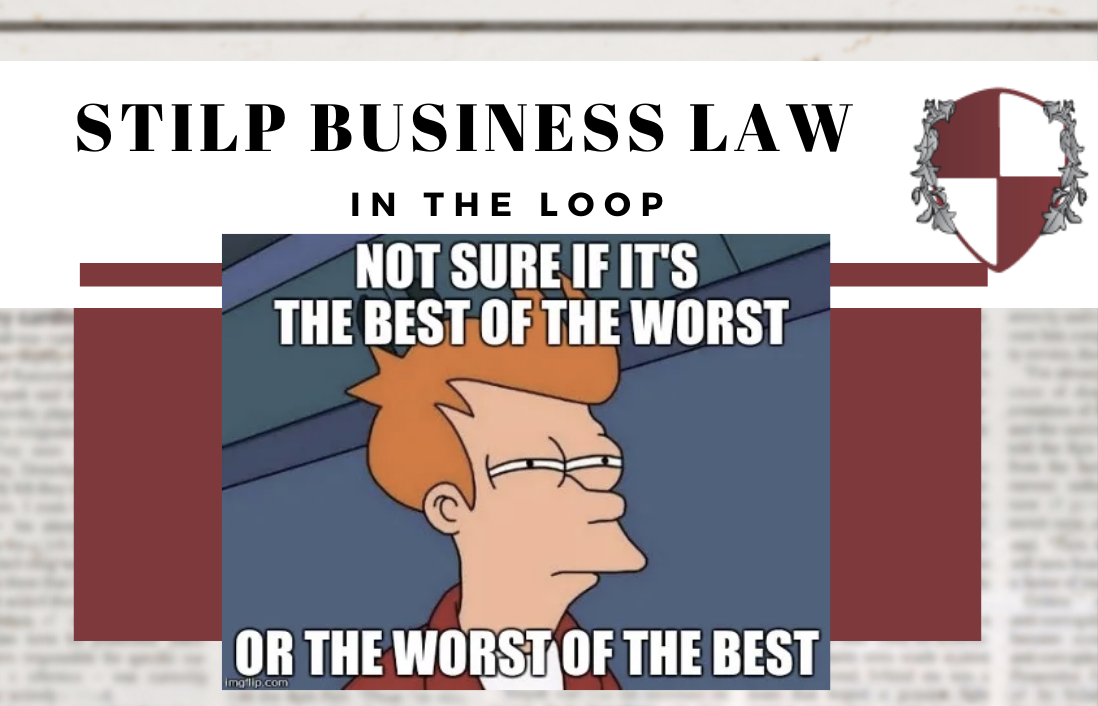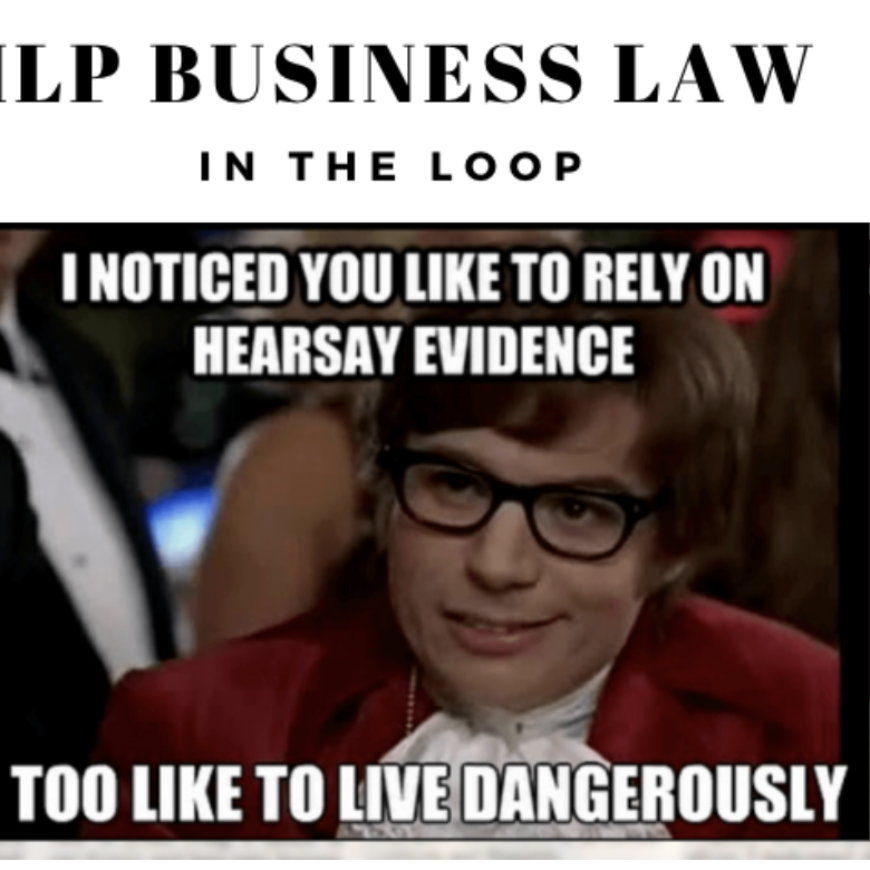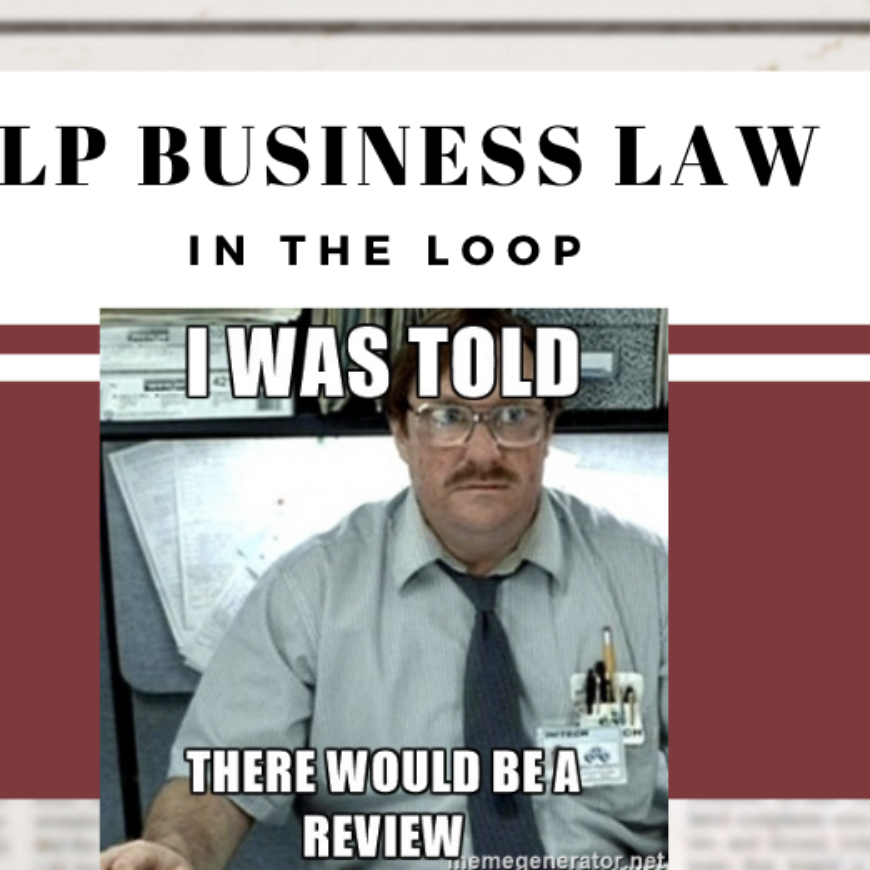Our firm has prepared hundreds, probably thousands, of contracts over the last 30 years. Boilerplate is a critical element in those contracts. But why do lawyers use boilerplate when it gets a bad rap? Here is a summary of what the contract scholars say.
Agreements contain pages of “fine print,” buzz words or stock phrases commonly known as “boilerplate” (Snyder & Marabito, 2019).
If a clause receives favorable treatment and is found enforceable by courts, there is a positive reinforcement that promotes use of that boilerplate (Williams, 2021; Kahan & Klausner, 1996). The simple act of a predictable interpretations adds value to the boilerplate (Boardman, 2006). The standard clause becomes more valuable and its continued use is self-perpetuating (Kahan & Klausner, 1996).
To the extent contract clauses enjoy pre-established interpretations, there is less uncertainty (Goetz & Scott, 1985). On the other hand, if a clause receives unfavorable treatment and is unlikely to be enforced by the courts, the clause is dropped or modified (Williams, 2021). Vetting results in a “quasi-Darwinian” process where presumably the best clauses survive and inferior clauses are abandoned (Klausner, 1995 discussing contract networks; Goetz & Scott, 1985. p. 278). Thus, the ability to predict a positive or negative outcome with specific boilerplate should result in identifying less risky situations in which the boilerplate clauses will be used (Williams, 2021).
To be blunt, attorneys use boilerplate to avoid malpractice (Goetz & Scott, 1985, discussing formulation errors). Boilerplate avoids uncertainty and simplifies complex provisions. The use of boilerplate by attorneys is comparable to Type I and Type II error in testing. A good attorney will assume an issue will occur and include prior boilerplate; if the issue does not occur, the contract covered an issue that did not happen, a false-positive (Type I error). A bad attorney will fail to provide for a contingency covered by boilerplate, assuming there will be no issue; if the issue happens, the contract failed to cover it, a false-negative (Type II error). Clients will not notice the first type of error but will notice the second.
Despite its bad rap, you will want an attorney familiar with boilerplate to prepare your contracts.
References
Boardman, M. (2006). Contra proferentem: The allure of ambiguous boilerplate. Michigan
Law Rev., 104, 1105-1128.
Goetz, C. & Scott, R. (1985). The limits of expanded choice: An analysis of the interactions
between express and implied contract terms. California Law Rev., 73(2), 261-322.
Kahan, M. & Klausner, M. (1996). Path dependence in corporate contracting: Increasing
returns, herd behavior and cognitive biases. Washington Univ. Law Quarterly, 74, 347-366.
Synder, F. and Mirabito, A. (2019). Boilerplate: What consumers actually think about it.
Indiana Law Rev., 52, 431-453.
Williams, S. (2021). Contracts as systems. Delaware Journal of Corporate Law, 45, 219-278.



